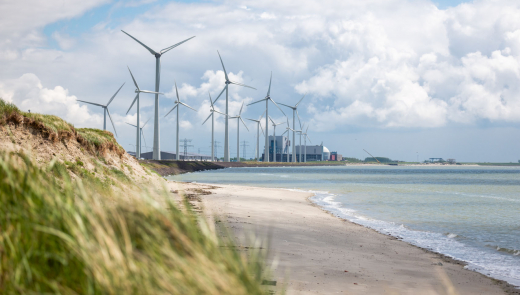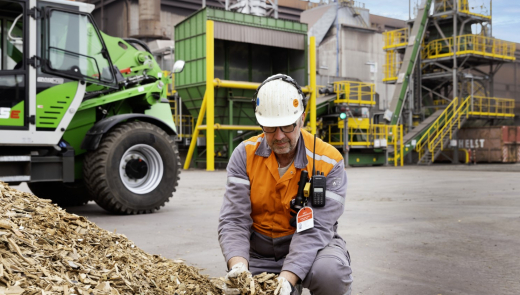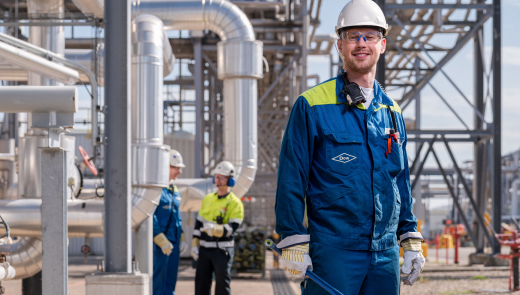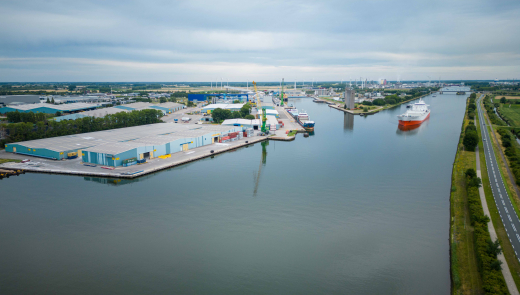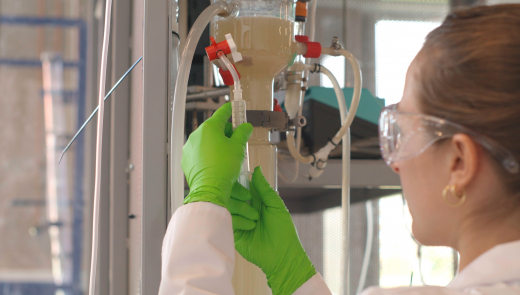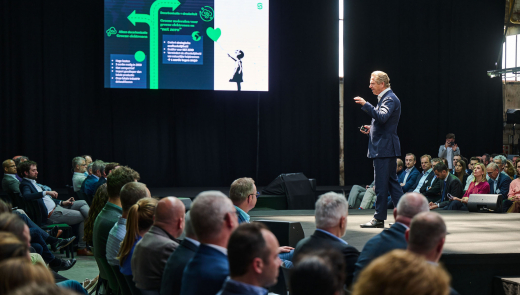When carbon-containing residual flows from industry, waste and biobased sources are recovered and reused, we speak of circular carbon. The aim of this is to gradually replace fossil raw materials with renewable and circular alternatives. Within Smart Delta Resources, closed industrial carbon chains are being built in collaboration. Technologies such as gasification and pyrolysis play a central role in this, whereby carbon from waste or biomass is converted into new raw materials for high-quality applications.
For the Scheldt Delta region, with its strong industrial base and good logistical connections, circular carbon offers great opportunities. The region has a broad mix of residual flows and sectors, which allows chain collaboration and synergy between fossil-free, recycled and biobased raw materials to come into their own. In this way, the region can play a pioneering role in the scaling up of circular value chains.
In order to utilise this potential, a number of preconditions are essential: recognition of chemical recycling and biobased raw materials within regulations, the removal of policy barriers such as the 'end-of-waste status', a sound business case and active public-private partnership. By investing in innovation, infrastructure and system integration, circular carbon can become a structural pillar of the sustainable industry in the region.

